WAVE statement on the interconnection between violence against women and violence against children in child custody cases (23 June 2023)
An overview of the gender-bias and lack of understanding of the impact of DV in European courts.

An overview of the gender-bias and lack of understanding of the impact of DV in European courts.
A policy brief considering the problematic impact of the Hague Convention for victims of domestic abuse, and some potential solutions. The author recently graduated from Durham University where she studied Law. This Policy Brief was produced as part of her Law, Gender & Society module coursework.
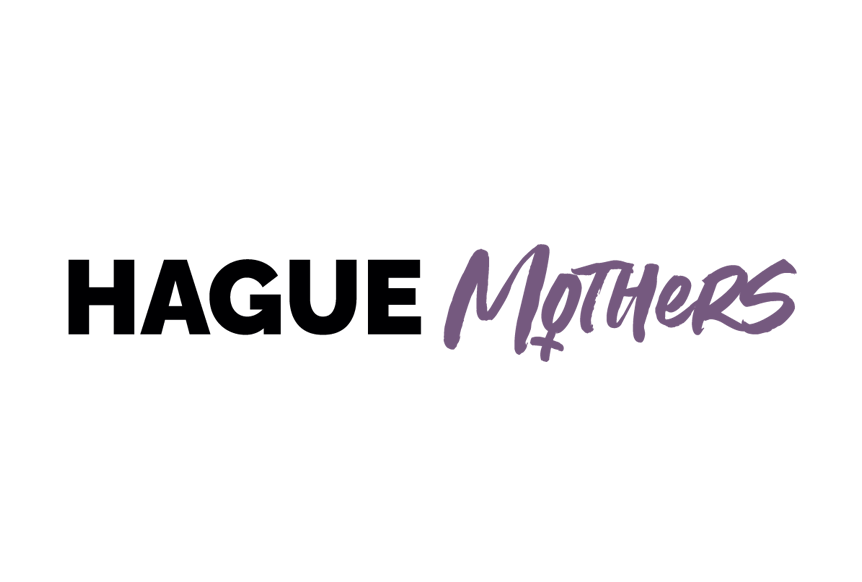
Hague Mothers briefing paper based on a presentation prepared for the 2022 FiLiA Conference. Focus is on Australia.


This position paper is based on extensive academic research, legal expertise, professional understanding of the impact of domestic violence on mothers and their children, and the experience of protective mothers who are further abused by the Hague process. It is a wish list, but one based on the reality of the Hague Convention which, in over 75% of cases, directly and profoundly undermines the safety and well-being of mothers and children.
This cannot be allowed to stand.
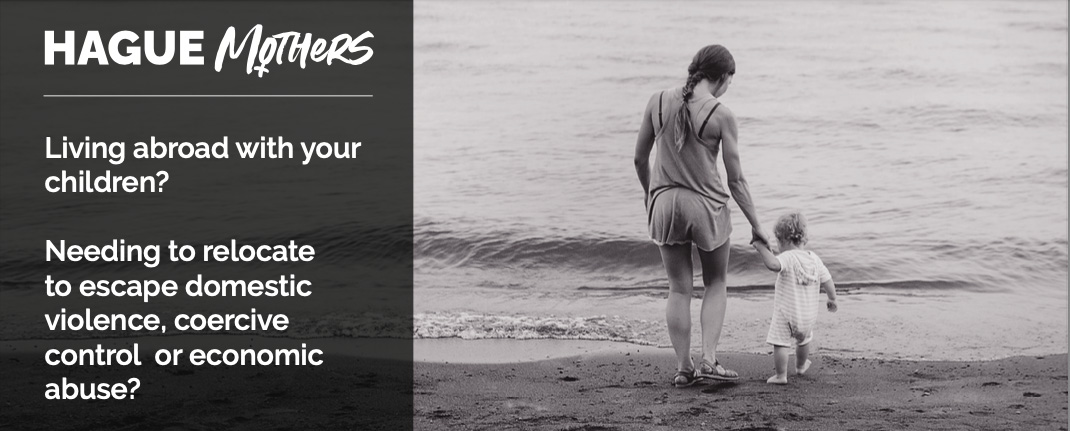
If you are living abroad with your children & need to escape domestic abuse or coercive control, this is for you.
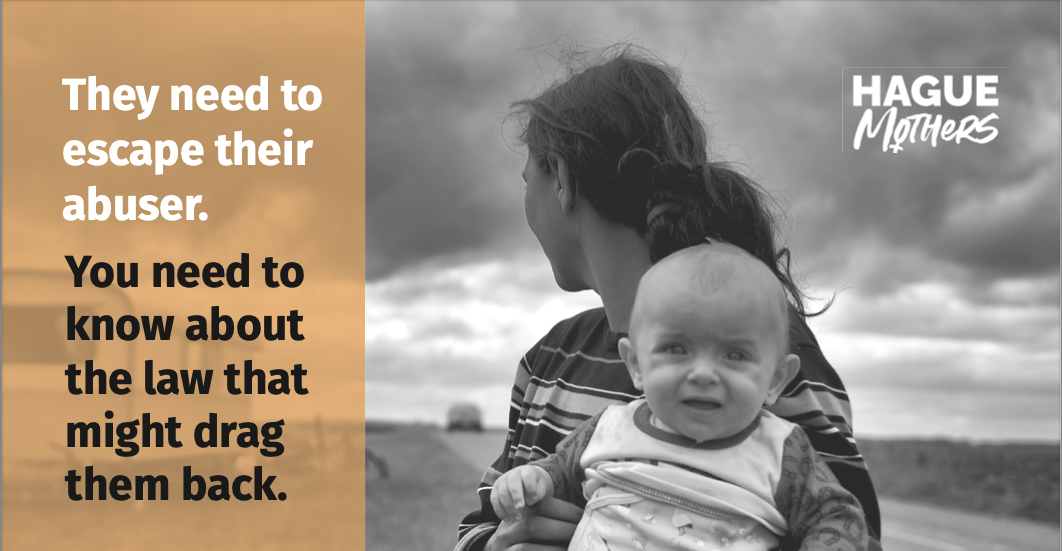
Intended to raise awareness of the Hague Convention among domestic violence & social work professionals.
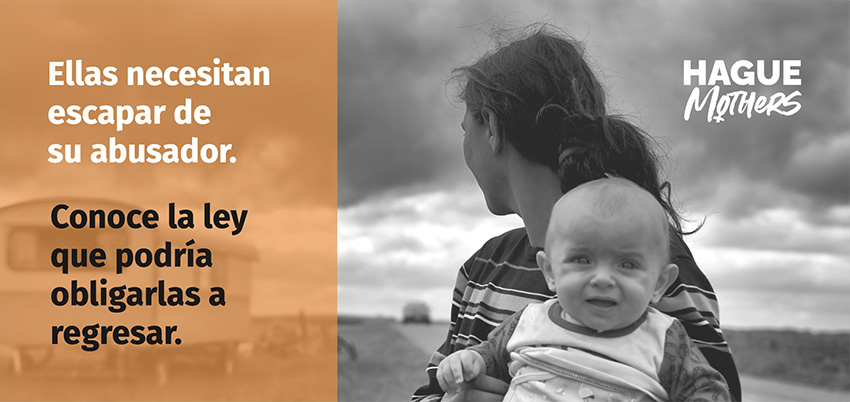
Intended to raise awareness of the Hague Convention among domestic violence & social work professionals.
Centre for Justice Briefing Paper May 2022
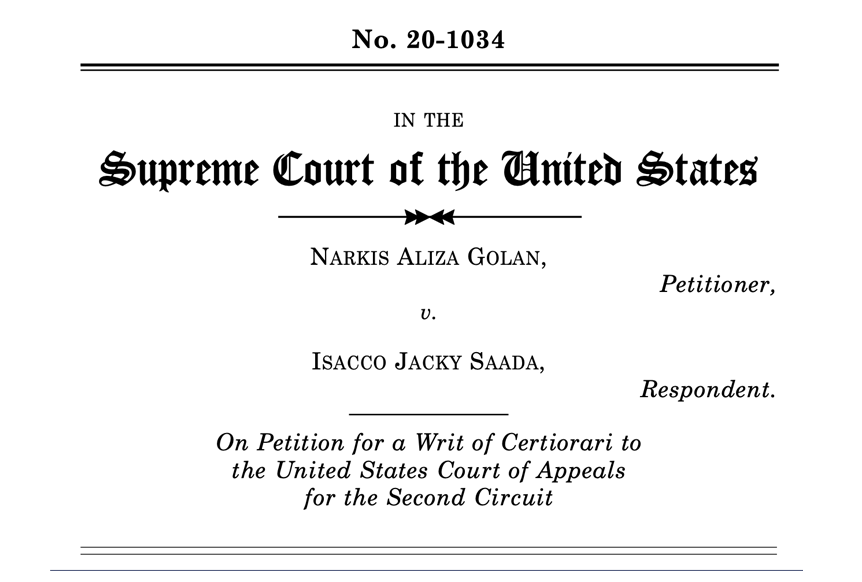
Amici are 83 Italian organisations with extensive experience of providing services for victims of DV in Italy. They argue that, given the inadequacies in Italy’s response to DV, the ameliorative measures proposed in this case will not protect the child from grave risk.